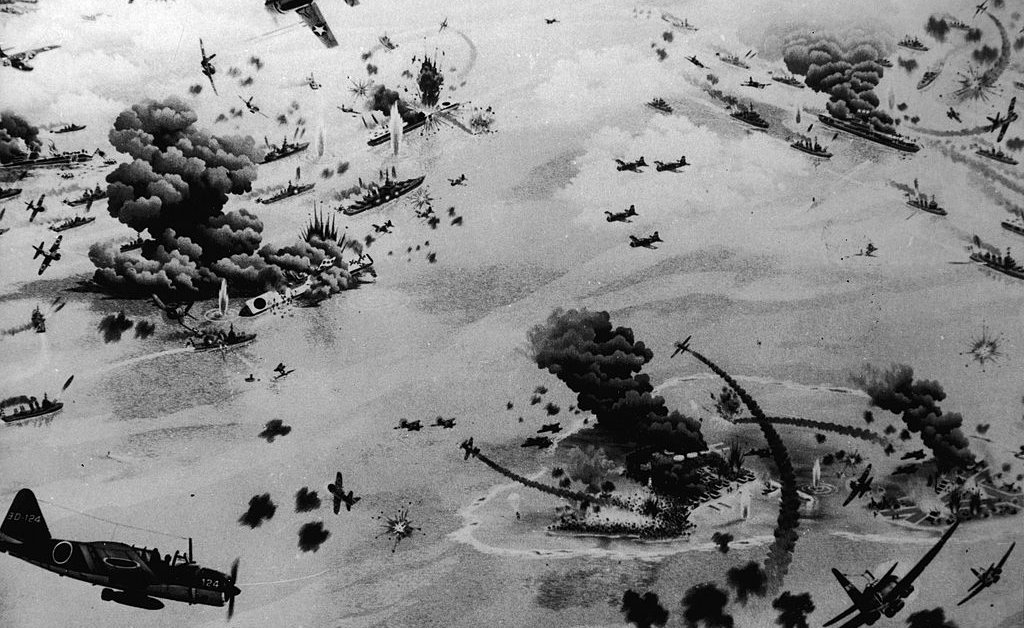Chagos
DP Veteran
- Joined
- Mar 8, 2015
- Messages
- 35,185
- Reaction score
- 11,634
- Location
- in expatria
- Gender
- Male
- Political Leaning
- Private
At Midway the Japanese lost 4 of their (total) 6 air craft carriers and an irreplaceable number of planes and, more importantly, pilots.For me it was a toss up between Midway and Guadalcanal, but Midway was still the US being on the defense just trying to hold back the Japanese, the battle of Guadalcanal was the first real offensive attack the US undertook and defeated both Japanese soldiers and the navy.
Midway was both US excellence and a good deal of luck for those planes to spot the Japanese fleet, it was decisive but Japan could still hold it's positions in the Pacific. From Guadalcanal onward the Japanese could no longer claim it's superiority and undefeated status.
By these heavy losses they were so weakened that the initiative was no longer theirs, now having to resort to defensive actions against ever strengthening US forces.
Without Midway the US taking Gudalcanal would have been nigh impossible.
No, the Japanese were unable to hold their positions in the Pacific after Midway.
Rommel didn't have a chance in hell of ever reaching Suez.And I disagree with you on the African theater, if Rommel would have been able to occupy the Suez canal and the oil fields of the Middle East, Germany would have been able to force much longer supply routes for the UK and almost limitless access to fuel/oil.
He was outnumbered both in men and material at Tobruk in both battles already, a combination of inept strategy and leadership on the enemy side and admittedly superior tactics on his side having given whatever success altogether.
Last edited:

